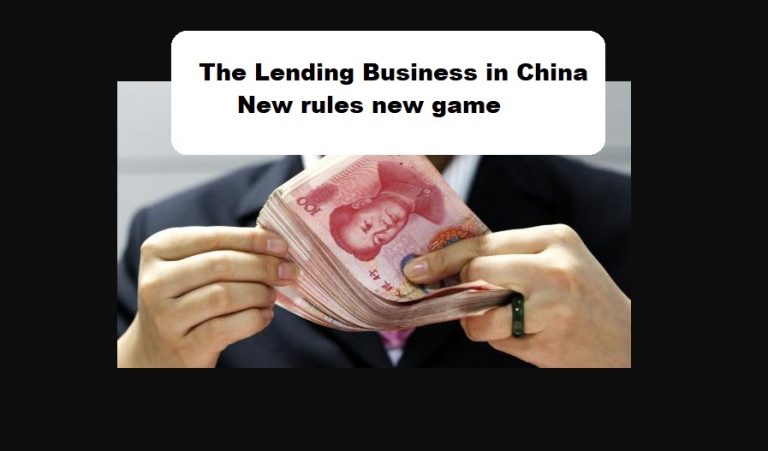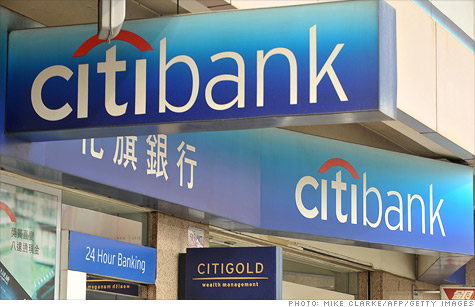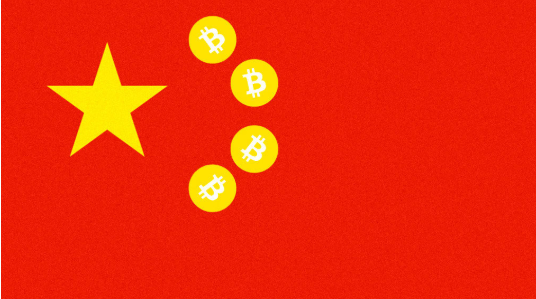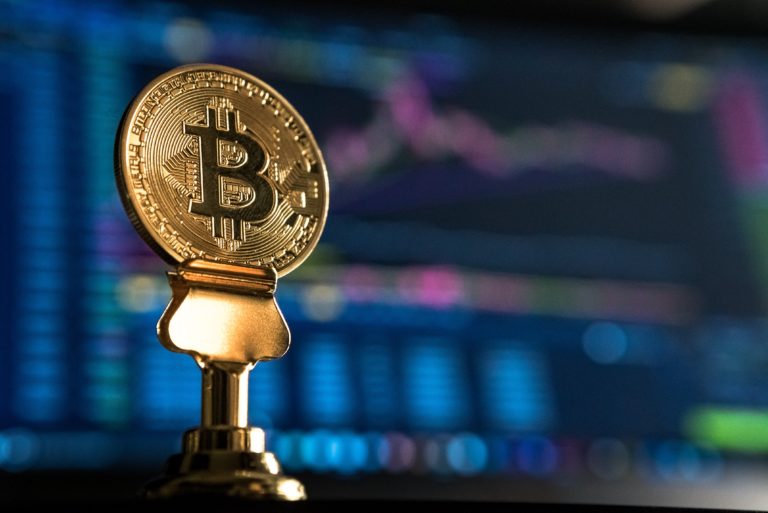NFT in China: Super Popular but Restricted
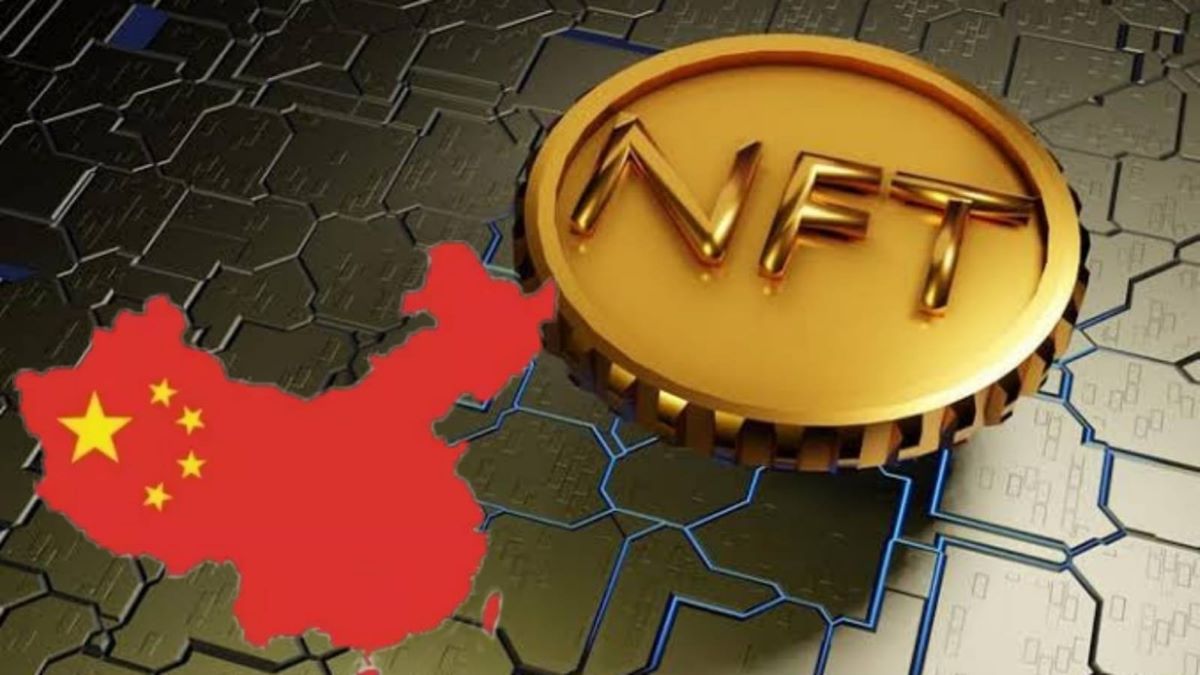
What is China’s view on NFTs and what is the market outlook?
Non-fungible tokens, or NFTs, are a new digital asset that is rapidly gaining popularity. They are also dominating online media conversations around the world. Although NFTs are not a controversial concept in China, the Chinese authorities do not seem to be as enthusiastic about their financial use. China opposes any technological features related to crypto-currencies.
NFT was the most searched word in 2021. This trend continues in 2022. Google Trends data shows that “NFT” has overtaken “Crypto” in global search interest. This is a sign that NFT is now part of the mainstream consciousness.
Cost-Effective Agency
KPI and Results focused. We are the most visible Marketing Agency for China. Not because of huge spending but because of our SMART Strategies. Let us help you with: E-Commerce, Search Engine Optimization, Advertising, Weibo, WeChat, WeChat Store & PR.
In China, NFTs are called “digital collectibles”, not “tokens”. This is because the Chinese government is opposed to crypto-currencies. A cryptocurrency is a digital or virtual currency that is protected by cryptography. This makes counterfeiting and double-spending virtually impossible. Crypto-currencies are known to be unpredictable in their value, which can encourage speculation and create new avenues for money laundering and capital flows. China has been cracking down on crypto-currencies since 2020.
Despite the fact that NFTs are closely related to crypto-currencies in Western markets, Tencent and Alibaba, two of China’s largest tech companies, continue to invest heavily in NFTs. This indicates that the Chinese public is increasingly interested in the NFT market. The Chinese government has no intention of standing in the way, as long as NFT technology does not facilitate cryptocurrency transactions.
What is NFT?
Non-fungible tokens (NFTs) are unique pieces of data that can be tracked on a blockchain ledger. This technology provides security features that allow creation or exchange and guarantees the uniqueness of the token.

This technology is most commonly used to create certificates of ownership for digital assets. NFTs can include anything from dedicated tweets to media such as photos, paintings, songs, videos, and even emojis that can be verified with blockchain technology. Unlike other virtual content that can be copied indefinitely and duplicated endlessly, NFTs are unique digital artifacts.
A Beeple file was created by Mike Winklemann, a famous digital artist. It took him 14 years to compile 5,000 photos into a 316 MB file entitled “Everyday’s”, which was sold by Christie’s for a record-breaking $69.34 million NFT.
NFTs in China: General treatment
An NFT is an investment that can be made outside China. China has devalued the financial aspects of NFTs. A series of administrative regulations in China has prevented the creation of NFTs in China from opening an unofficial or official secondary market for these tokens.
Alibaba banned the resale of NFTs in June 2021 after discovering that one of its NFT products was being resold several thousand times its original price.
The secondary market will be closed to maintain the buzz around NFT products, and their transformation into financial products. Analysts believe that the closure of the secondary market should be temporary. The laws and regulations relating to NFTs will become clearer and more secure. NFTs can still be freely traded in China and buyers can recover their investment.
Who are the main players in NFTs in China?
A number of leading Chinese companies have joined the NFT bandwagon, including major tech and blockchain startups and art auction houses. Their participation has only fanned the NFT fervor. Alipay launched limited edition NFTs of 8,000 units in China in June 2021. They were based on two pieces of the ancient Dunhuang Caves artwork. These goods were quickly sold out as the cave contains some of the most valuable examples of Buddhist art dating back over a thousand years. Tencent, China’s largest social networking company and gaming platform, established a commercial platform for collecting and buying NFT (Huanhe) in August 2021. The platform has already sold two batches of audio and art NFTs, each of which was sold within seconds of being made available to the public.
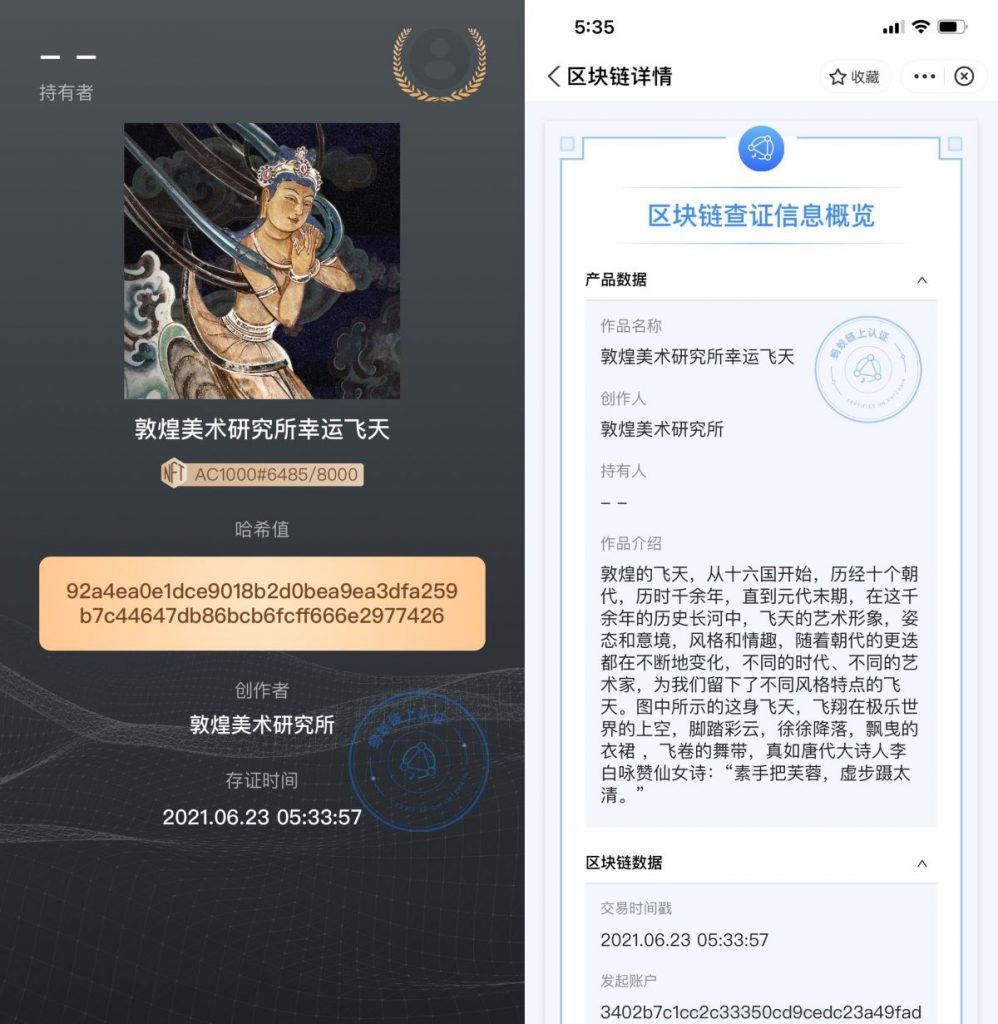
NFT players in China can be roughly divided into two groups.
- The first category is based on “blockchain” (a Chinese form of blockchain) created by large technology companies. They mainly focus on collecting NFTs and do not support token exchange. These companies offer NFTs only to designated artists/creators who meet the company’s requirements. Individual NFT works cannot be traded on the company’s platform. NFT products cannot be resold. Buyers can only collect the product and enjoy it. This category includes Tencent and Alibaba. Both companies claim that the NFT works they sell were created on their own blockchain called AntChain. This hybrid blockchain is not completely decentralized but is managed by a small group of members in collaboration with government agencies. It is backed by the real value of digital goods and does not include payment processing functions.
- NFT trading platforms are the second category. These platforms offer extensive functions, and it is difficult for non-professional users to issue NFTs. Individual artists can use NFT trading platforms, but only 20 copies of their works can be uploaded. NFT trading platforms support a variety of distribution methods, including blind box distribution, auctions, pricing, and other forms of pricing. To solve liquidity problems, creators can sell on the platform’s marketplace. They can also synchronize their work with the world’s largest marketplaces, such as OpenSea or Raible. NFTCN, a popular digital art marketplace, falls into this second category. NFTCN is not based on blockchain NFTs. Instead, it uses the public Ethereum blockchain, which is the only decentralized platform for trading digital assets in China. This allows digital assets to be stored permanently on the blockchain, ensuring their persistence and immutability. NFTCN is currently working on the creation of a content ecosystem. NFTCN STUDIO was launched in July 2021 by NFTCN to support artists in all aspects of their work, including IP incubation, day-to-day operations, and collaboration. Although it was founded in May 2018, the NFTCN marketplace, operated by Hangzhou-based software company Bigverse, has more than 800,000 registered users worldwide and is used by more than 80,000 artists.
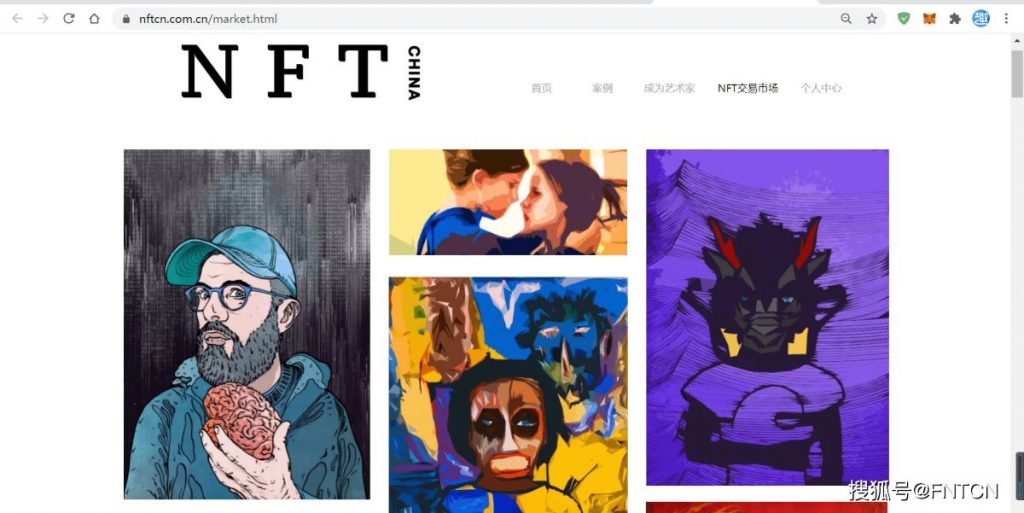
What is China doing to support the growth of NFTCNs in its own country?
China’s state-backed blockchain services network was launched at the end of January 2022. It aims to provide infrastructure for the deployment of NFTs. This is a crucial step towards the creation of a Chinese NFT industry outside of crypto-currencies. Red Date Technology director He Yifan says that NFTs are “not regulated in China”, provided they do not use cryptocurrencies like bitcoin.
The BSN-Distributed Digital Certificate (BSN-DDC) infrastructure, which will allow companies and individuals to create their own user portals to manage NFTs, is designed to distinguish Chinese NFTs from crypto-currency NFTs. Only the Chinese yuan can be used for purchases and service fees.
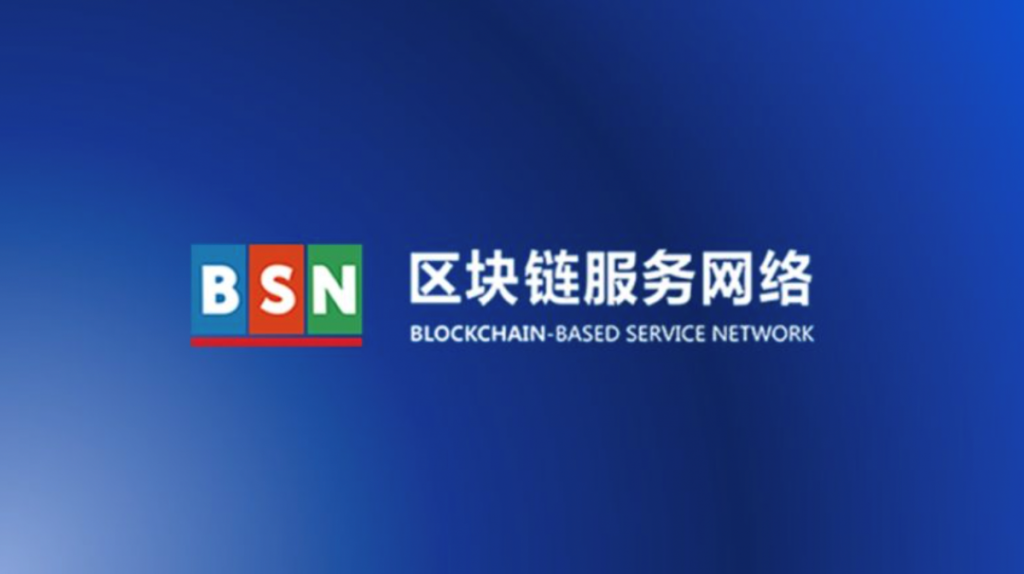
The economics of NFTs in China will be very different from their Western counterparts.
China CCTV News also reports that three of China’s largest IT companies have pledged to protect their NFT markets from crypto-currencies and use the same language as their Western counterparts.
Tencent, JD, and Alibaba recently signed the “Self-Regulation Agreement of Digital Culture and Creative Industries”. It contains 11 criteria that align with Beijing’s broader goals for the digital economy. These include “preventing money laundering”, promising to de-link from virtual currency, protecting consumer rights, and promoting national culture.
Keywords for regulators: virtual collectibles and blockchain.
Tencent and Alibaba have also created virtual marketplaces to minimize the link between NFT and crypto-currency collections. They call them “virtual collectors” and avoid the use of “NFT”.
Blockchain and crypto receive completely different treatment from Chinese regulators. Blockchain has been identified by China as one of the most important technology areas in its 14th Five-Year Plan, the country’s most critical economic strategy. This gives it instant credibility and increases its stature.
Crypto activities, however, have been completely banned and thrown out of the country. To survive and grow, however, close to the technology is, the crypto-oriented activities of blockchain companies must actively disassociate themselves from it.
As a result, most NFT transactions in China are not related to crypto-currencies. All NFTs can be denominated directly in RMB, with transactions being conducted using traditional non-crypto methods such as bank cards and Alipay.
Potential dangers associated with NFTs
In an interview, the creator of “Everydays” (The First 5,000 Days) stated bluntly that the price of NFTs in a bubble.
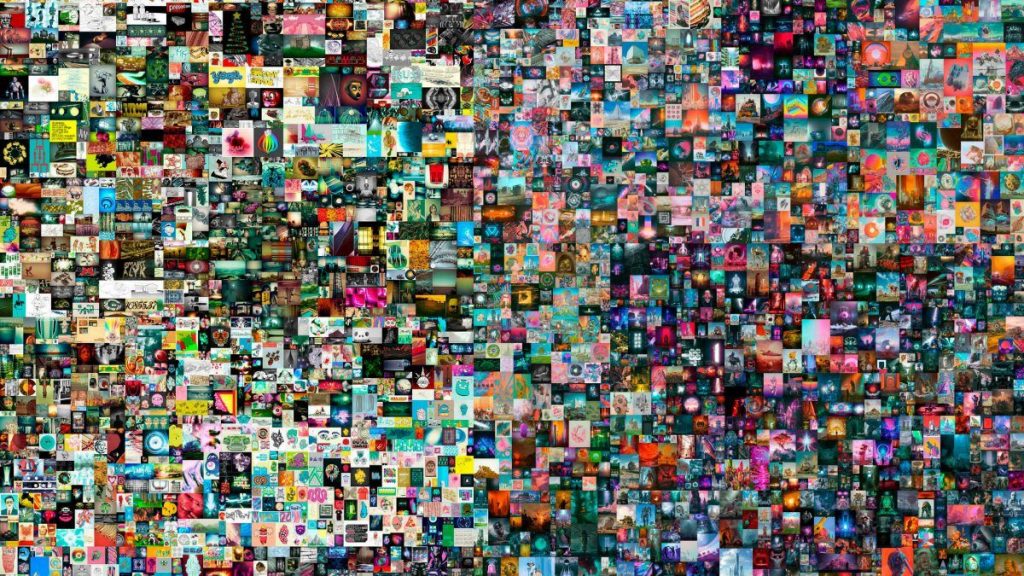
The illusion of scarcity, ownership, and the NFT bubble are the causes of its bursting. The market consensus determines the value of NFTs. A number of users agree that their properties have value. This is not recognized by the market and therefore has no practical value.
The inability to verify the ownership of source assets is another problem that needs to be addressed. Blockchain technology can track the source of digital content on the chain to verify its authenticity and ownership.
However, loopholes in confirming the rights of assets before they are cast into NFT allow others to copy the assets. NFT does not really understand the ownership of digital content. Users only have the right to use, not to own.
The Chinese Communist Party is determined to regulate NFTs.
The Economic Daily, the mouthpiece of the Chinese Communist Party, has called for stricter regulation of “digital collectibles”. Investors continue to speculate on non-fungible tokens.
The Economic Daily opposed the idea of treating NFTs as cultural or creative products and instead called for the asset to be regulated as a currency, commodity, and/or security.
The term “digital collectibles” is a euphemism for “NFTs”, as China does not like speculation in emerging assets.
NFT trading platforms have been criticized for operating as a resale market, and the article warns buyers that they can be “removed” at any time.
Ironically, this comes at a time when state TV channels are launching NFT marketplaces.
The People’s Daily is the official newspaper of the CCP. Shandong TV has its own marketplace and Shanghai Securities’ NFTs are experiencing a boom in second-hand sales.
China’s tech giants are now self-regulating amidst regulatory uncertainty. Alibaba has imposed a 180-day lock-in before a resale.
NFT news
Chinese social networking site Weibo announces the creation of an NFT x Minting marketplace
Weibo, a Chinese social networking platform, has announced Top Holder, its new NFT marketplace. Weibo also announced a new feature that allows users to create and sell NFTs using their posts.
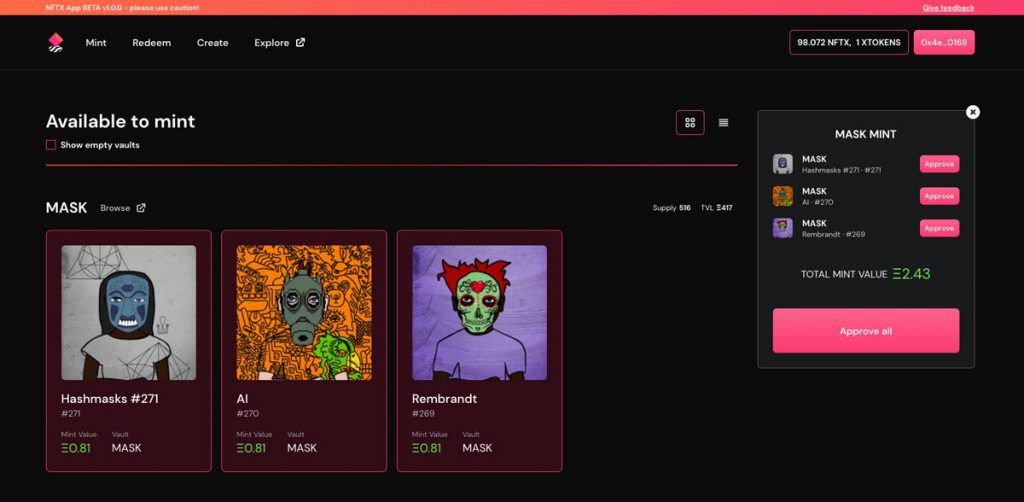
Weibo claims that every user is subject to internal KYC checks. It also said that any user who plagiarises content will be punished by the company. Weibo also prohibits the resale of assets. It only allows unlimited transfers after a waiting period of 180 days.
WeChat, China’s largest messaging app, suspends NFT accounts.
Tencent’s WeChat has suspended accounts associated with non-fungible tokens (NFTs) and clarified the rules surrounding these digital collectibles.
China has not yet regulated NFTs. These digital collectibles can be purchased on a marketplace, but secondary trading is severely restricted.

Tencent has verified that official accounts can post digital collectibles, but they cannot offer secondary sales.
Tencent’s WeChat has suspended accounts that were associated with non-fungible tokens or NFTs. They also clarified the rules surrounding these digital collectibles.
Tencent said it had “corrected” its public accounts on WeChat to avoid speculation in digital currency transactions.
Tencent spokespeople did not confirm that the accounts had been suspended. However, WeChat’s official Twitter account, Weibo, responded to a message from a local media outlet claiming that the accounts had been banned.
It clarified the rules surrounding NFT accounts on its platform. Tencent accounts can only post-digital collectibles, but they cannot offer secondary sales. To prove they have been approved by China’s cyberspace regulator, they must provide a certificate.
Tencent said that WeChat mini-apps can only display digital collectibles. Mini apps are lighter versions of the apps that run in WeChat.
How Ukraine is using NFTs, Crypto, and War Bonds to fund its defense
CNN reports that three London-based software engineers helped the Ukrainian government create and sell 1200 NFTs this week. This raised about $600,000.
President Volodymyr Zilensky’s administration encouraged other donors to transfer crypto-currencies directly into their accounts. This effort raised more than $56 million, according to analytics group Chainalysis.
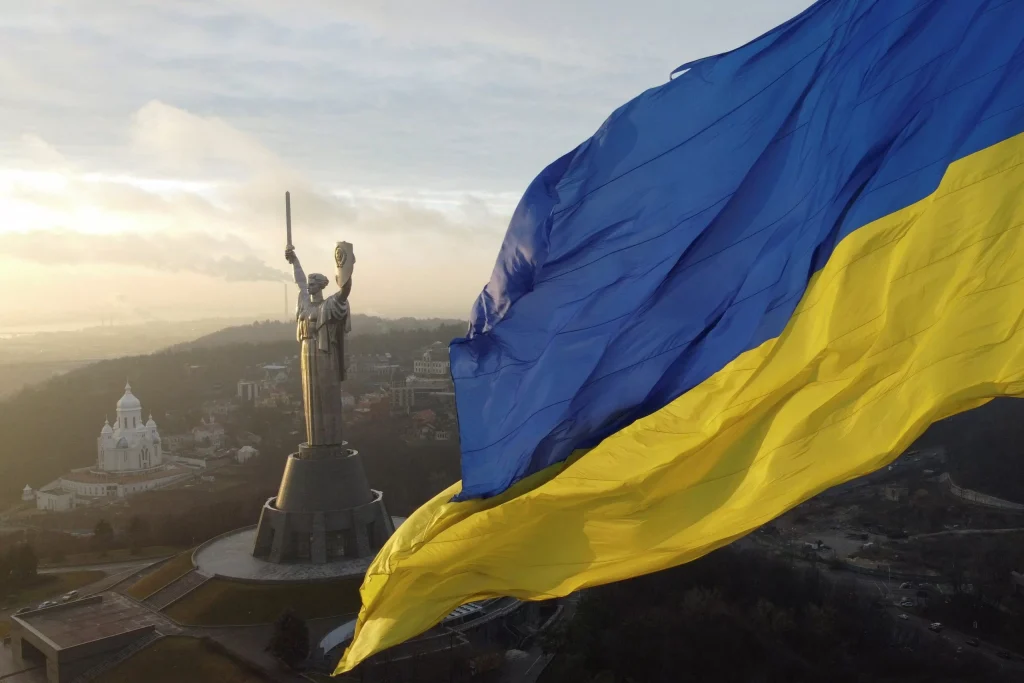
The Ukrainian government is not only using blockchain technology to raise money in wartime but is also using traditional methods to raise funds.
Kiev has raised around $1 billion through war bonds sold to individuals across Ukraine. People are showing a willingness to lend money to the government, even if it does not get its money back.
The one-year bonds that were issued last month had a yield of 11%. This indicates a high level of risk.
In addition, the administration has received about $4 billion in emergency funding from multilateral organizations such as the IMF and the World Bank. Negotiations are underway to secure an additional $2 billion.
President Zelensky’s team has calculated that the war could result in economic losses of $565 billion for the country. In 2020, the country’s total economic output was $155 billion. (CNN)
Jay Chou’s annoying monkey has been stolen
Topnod, Ant Group’s digital collection platform, has also sanctioned 56 accounts that participated in the resale of digital collectibles for profit.
Since September last year, the Chinese government has been firm in its opposition to crypto and has declared all crypto transactions illegal.
Jay Chou, a Taiwanese singer, and songwriter announced via Instagram that one of his Bored Ape NFTs has been stolen.
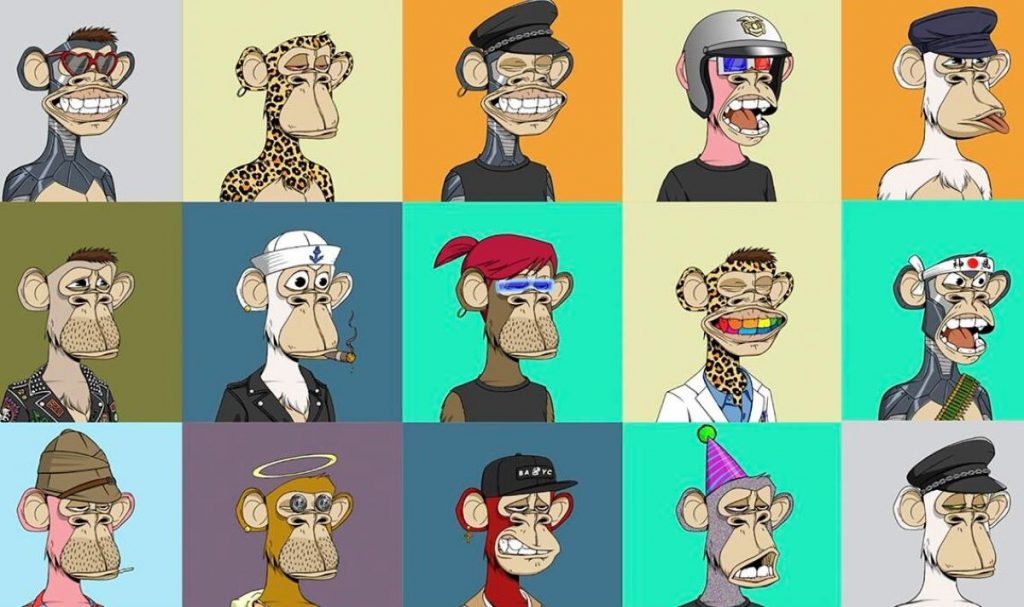
Chou’s NFT is from the most expensive and prestigious collection in the world. According to SupChina, the floor price of a BAYC NFT is currently 109.99 Ethereum or about $372,600 at the current Ethereum crypto-currency price. This data comes from OpenSea, an NFT marketplace.
OpenSea’s records show that Chou stole an NFT image (BAYC #3738) from Chou’s account at 3 am New York time on April 1. Afterward, it was quickly transferred to LooksRare for 155 Ethereum, which is roughly equivalent to over $500,000.
Chou has long been a supporter of NFTs. In January 2021, a Chou-backed company launched Phanta Bears, a collection of 10,000 algorithmically generated digital avatars inspired by the pop star’s fashion brand. They sold out within 40 minutes of their launch on OpenSea.
In conclusion
According to Lead Leo, the value of NFT transactions will increase in China from RMB 0.30 billion ($46.5 million) in 2020 to RMB 29.52 billion ($4.57 billion) in 2026.
NFTs will be popularised by the development of the metaverse.
However, brands looking to the Chinese market can use NFTs to increase engagement, build trust and loyalty and create new experiences for consumers.
NFT is both a new product and a new field. The Chinese government tends to take a cautious approach to NFT. NFT does not need to be funded if the Chinese market wants it to succeed.
The more financial attributes a person has, the easier it will be to comply with the law. It is up to the regulators to determine whether NFT in China can be de-financialised and retain its value.

